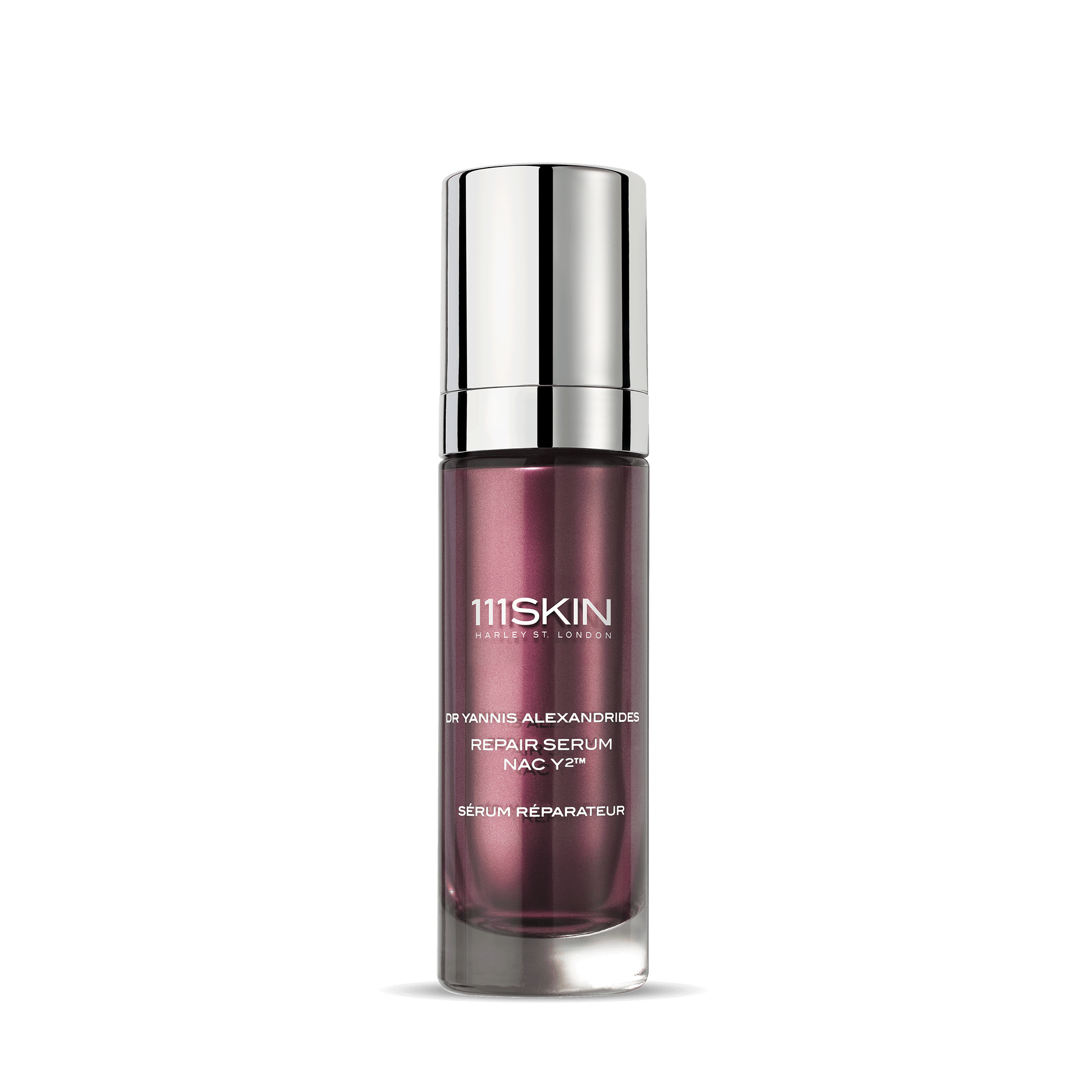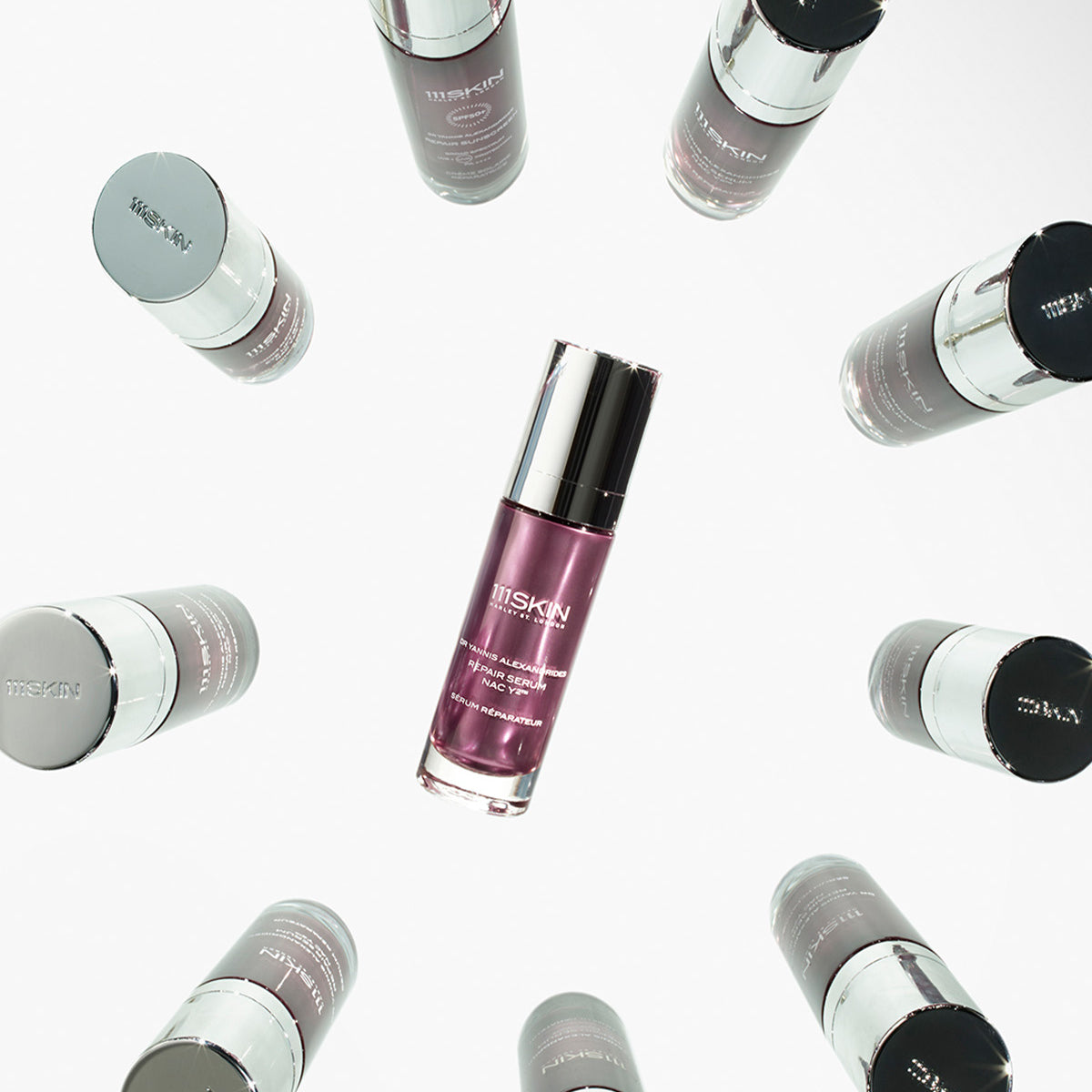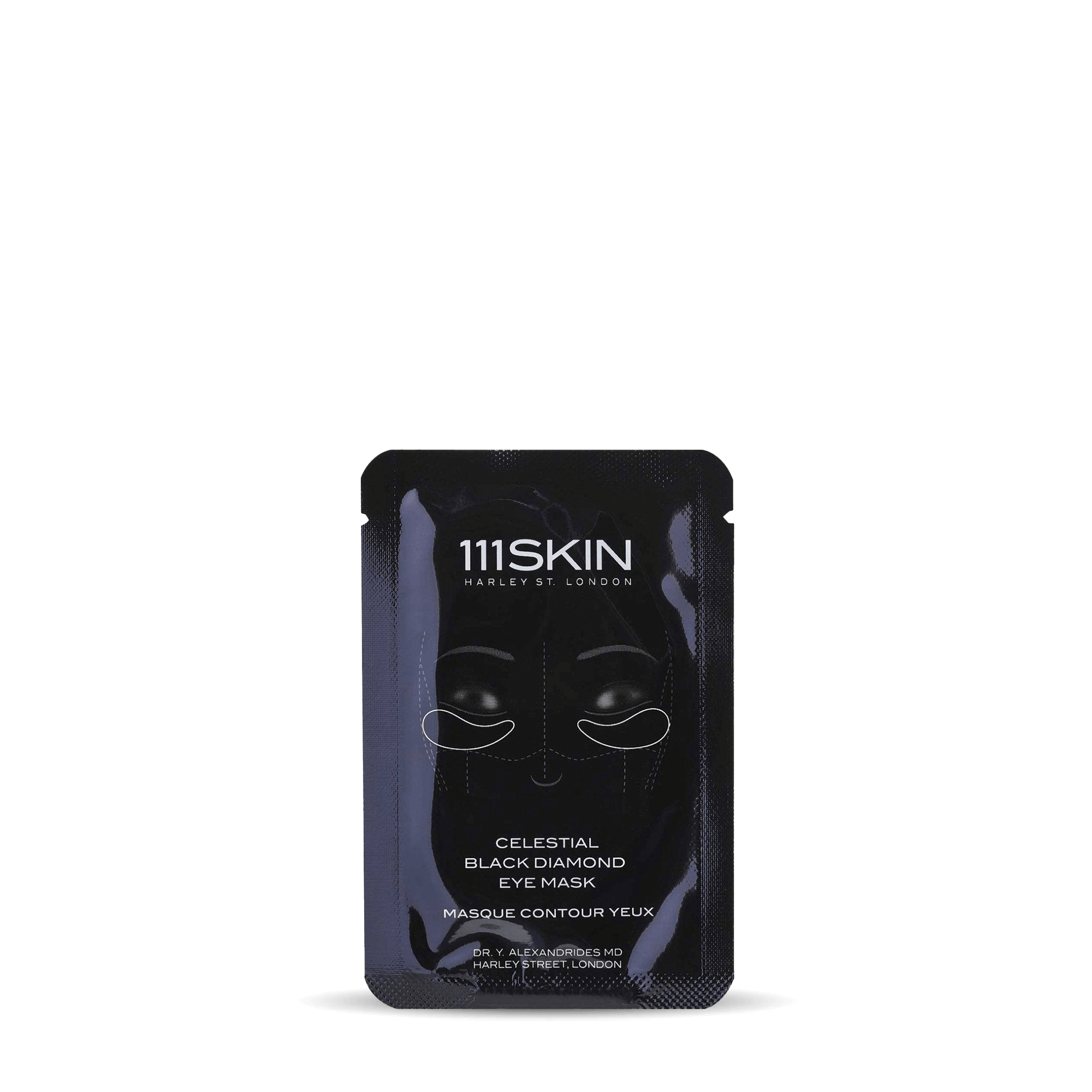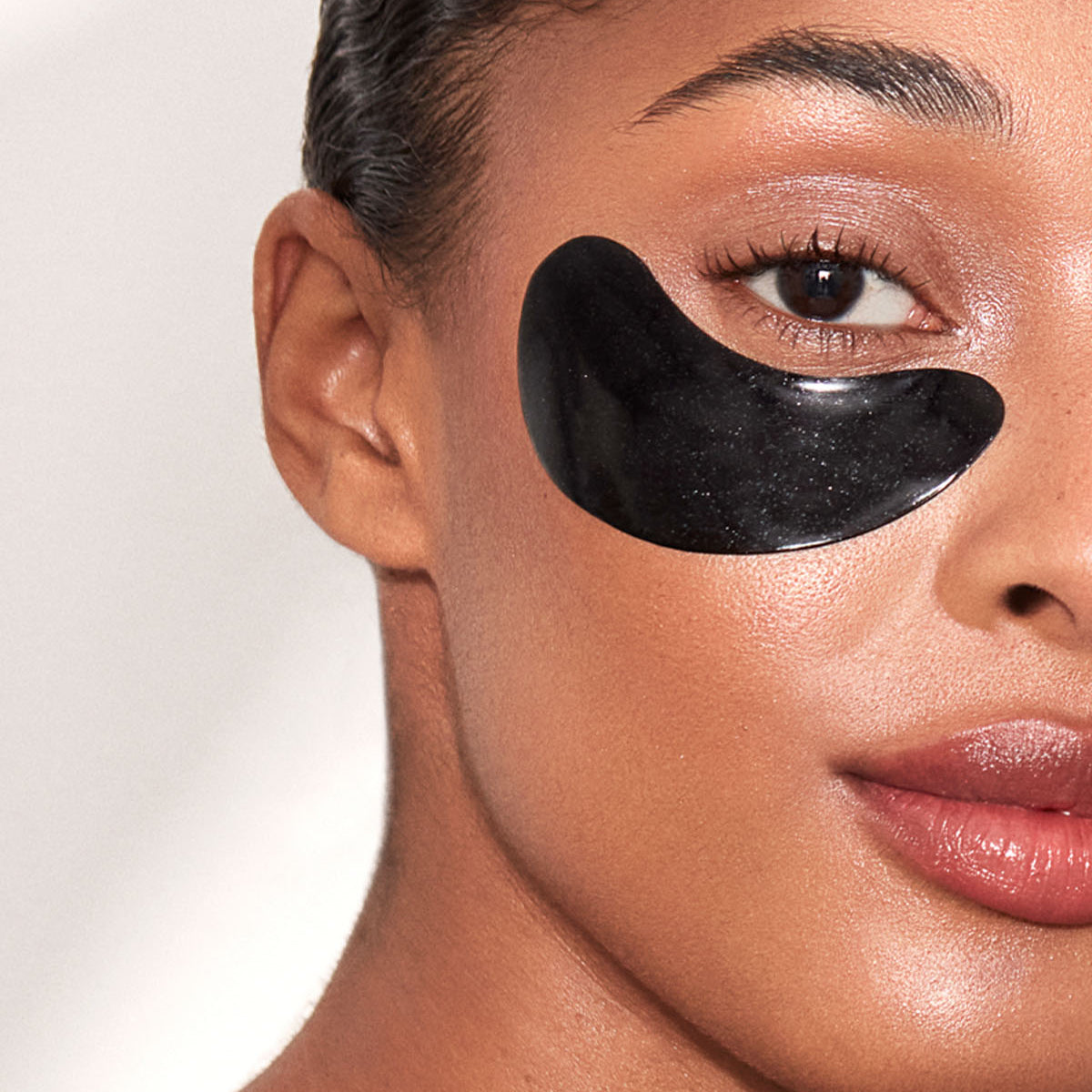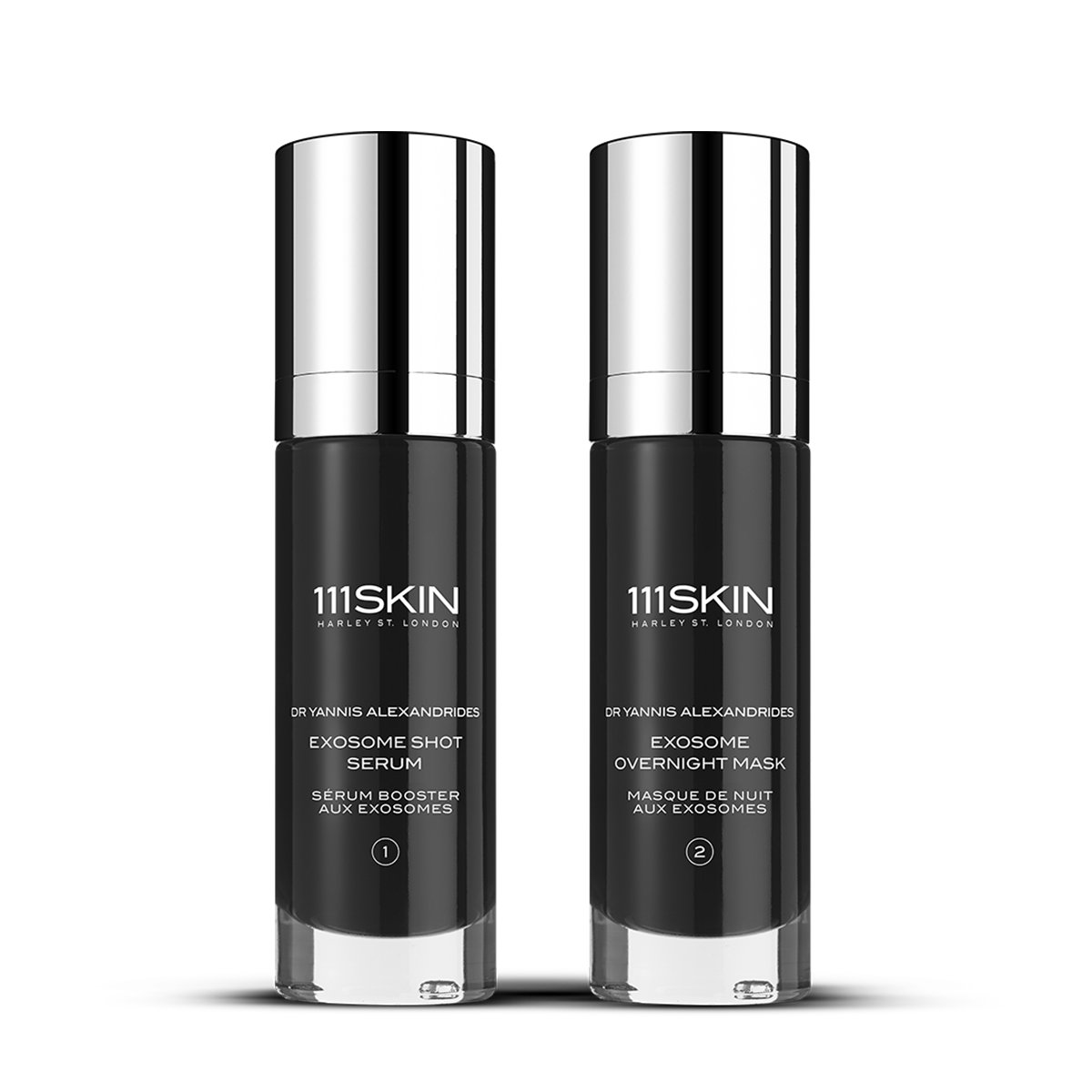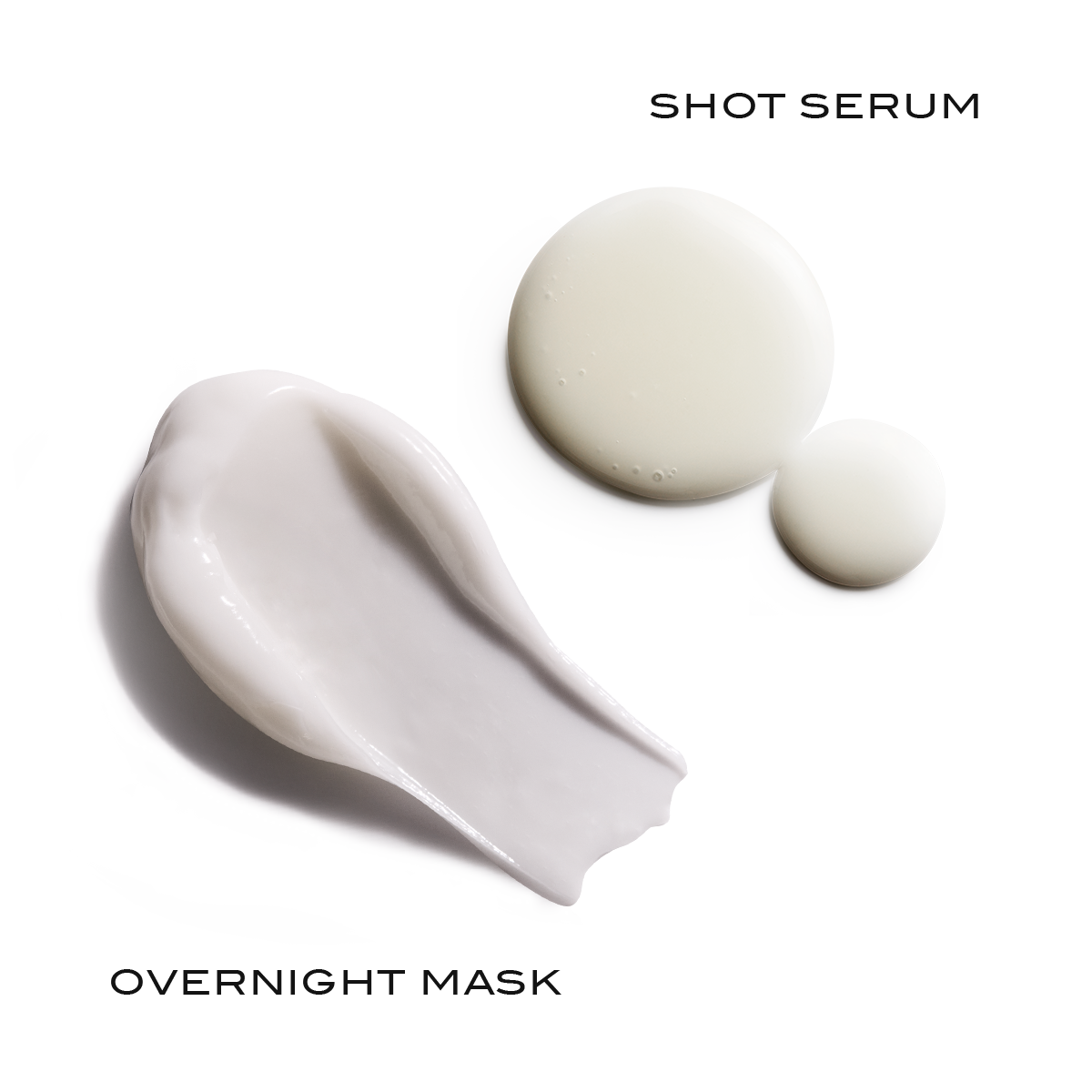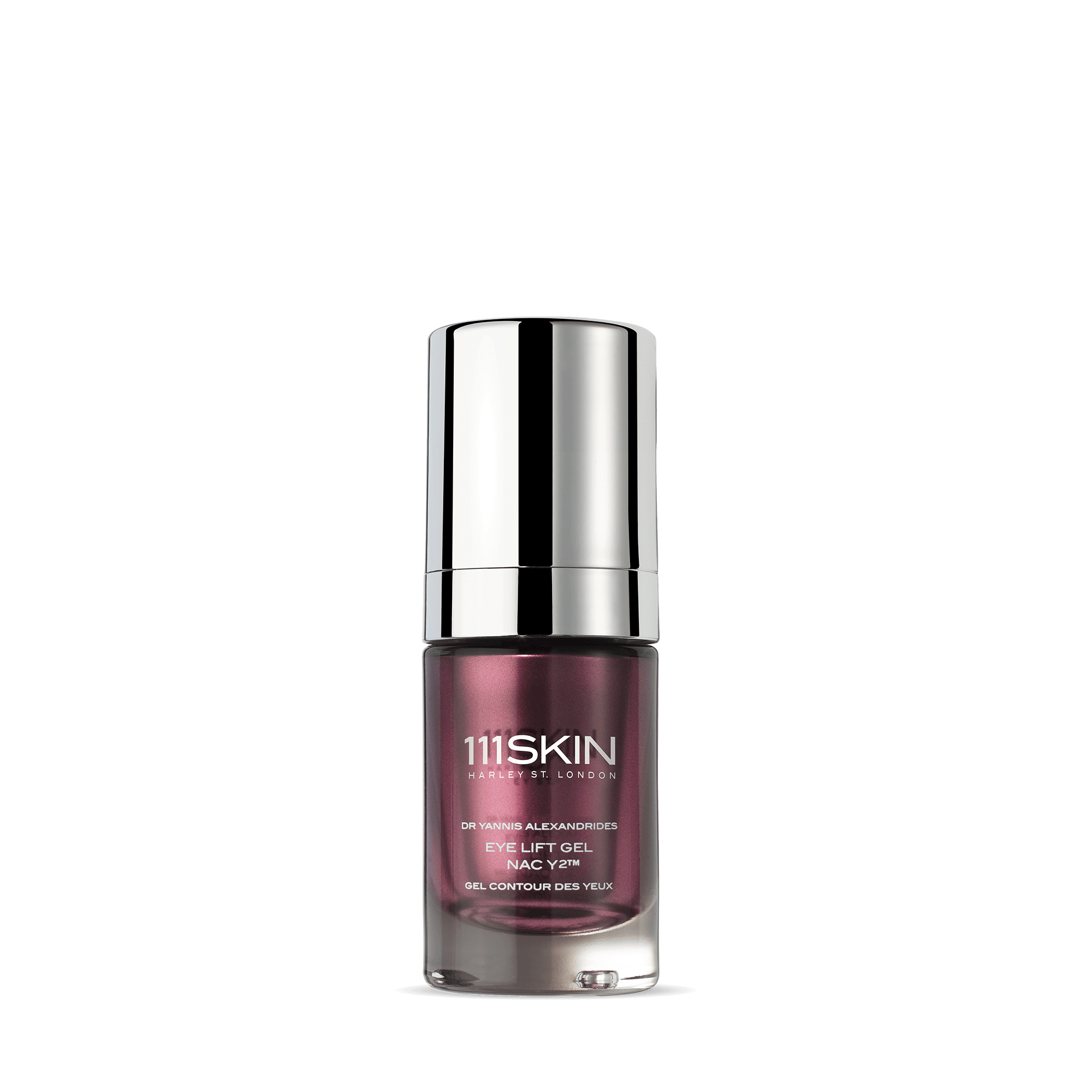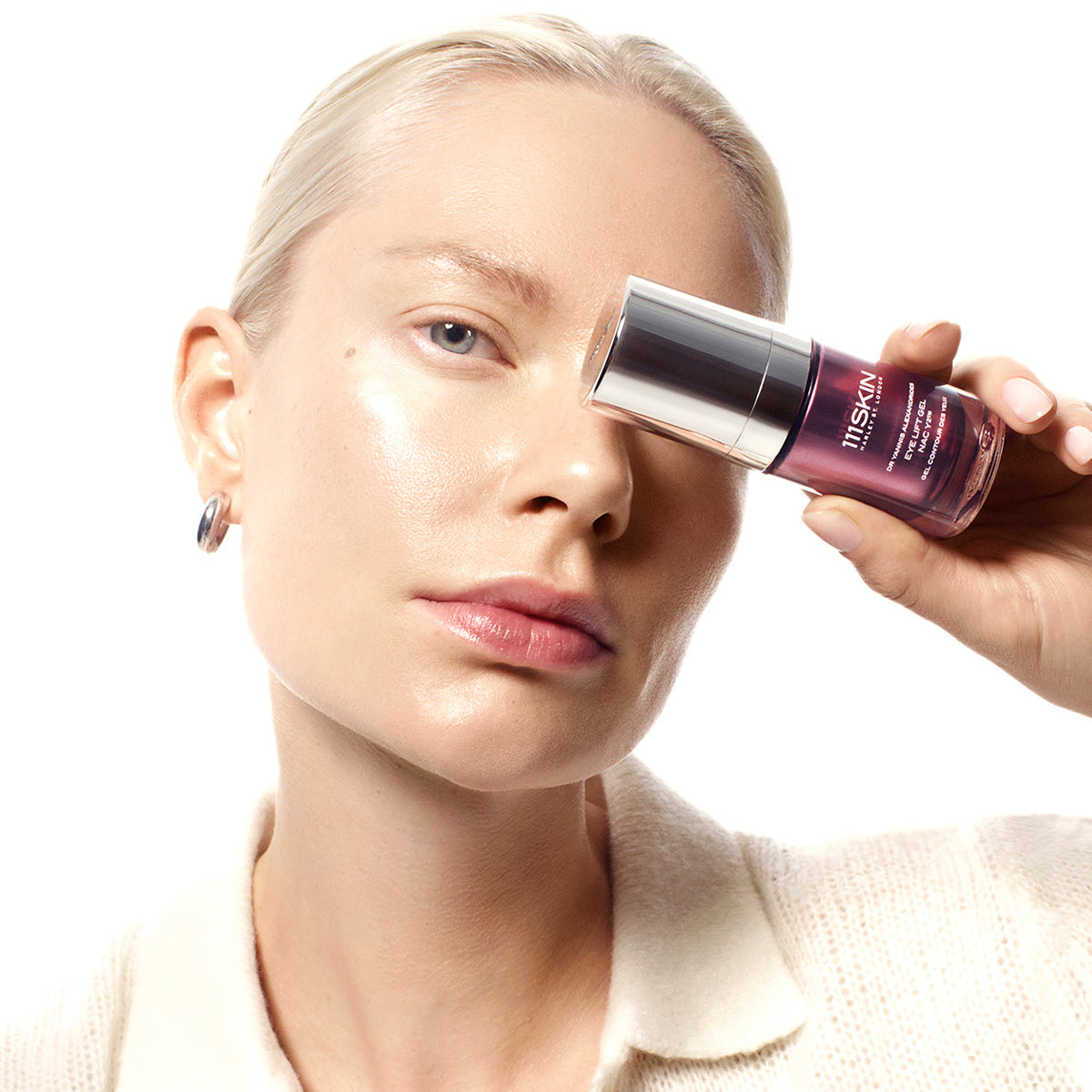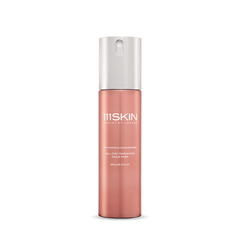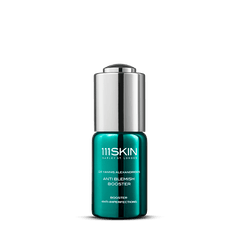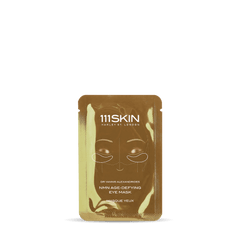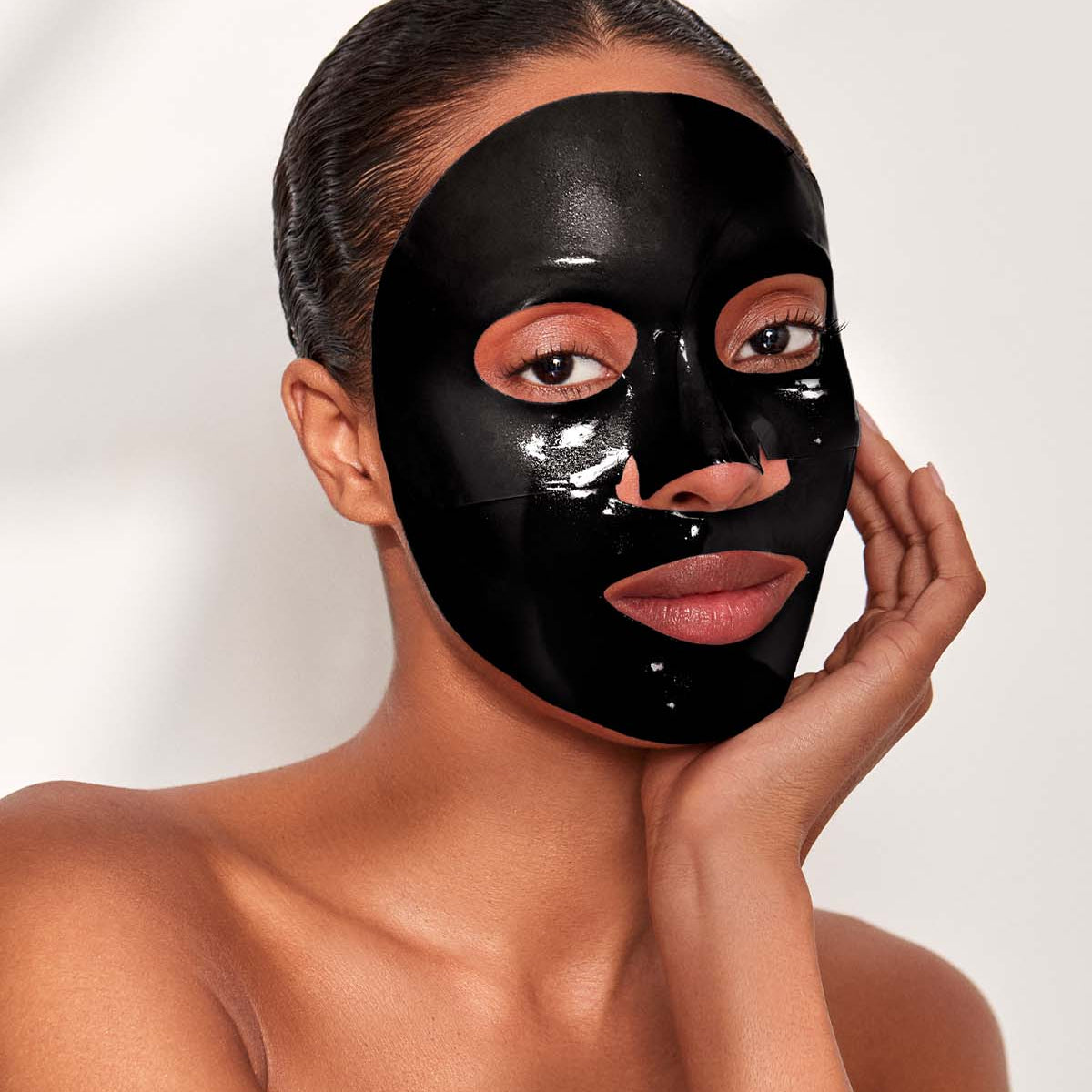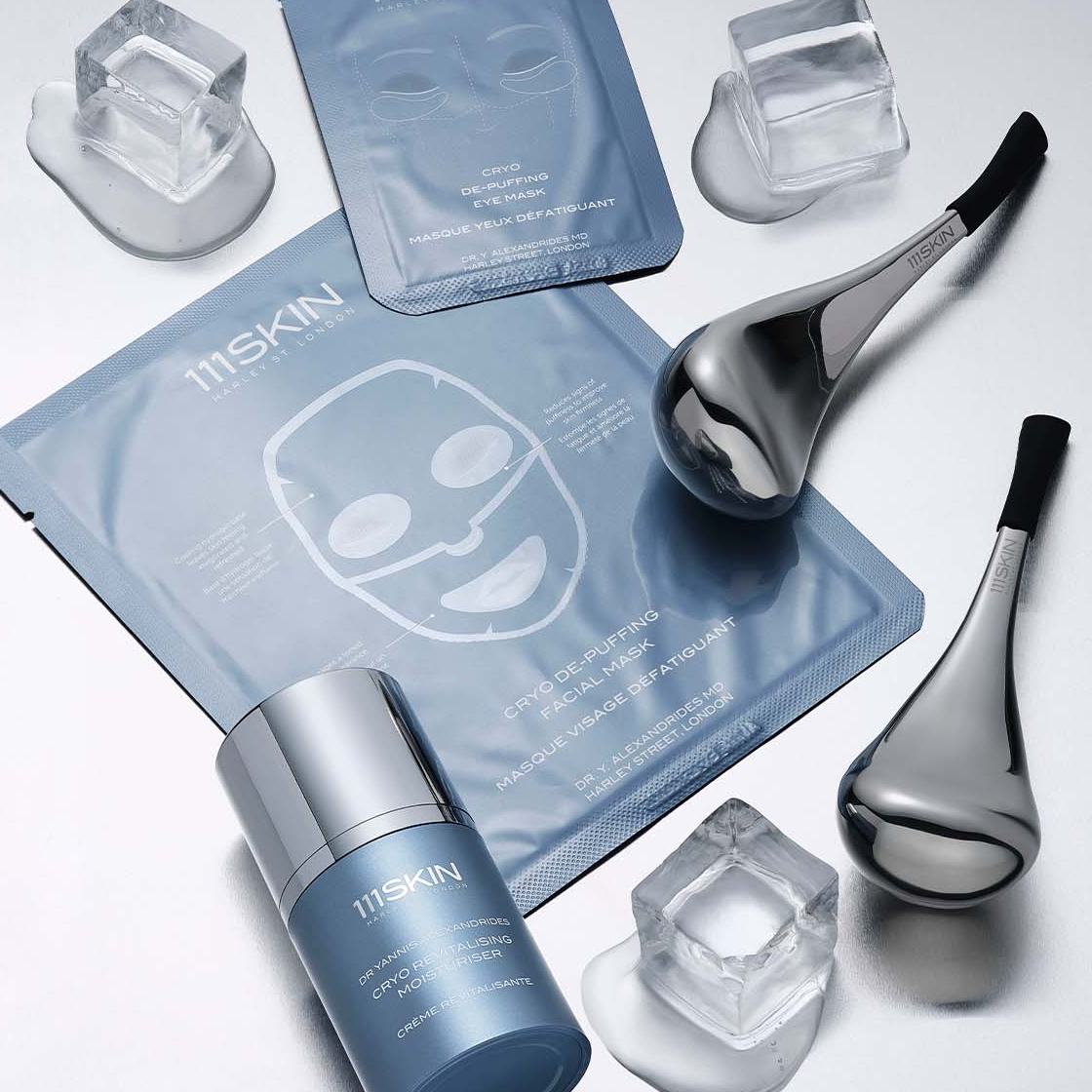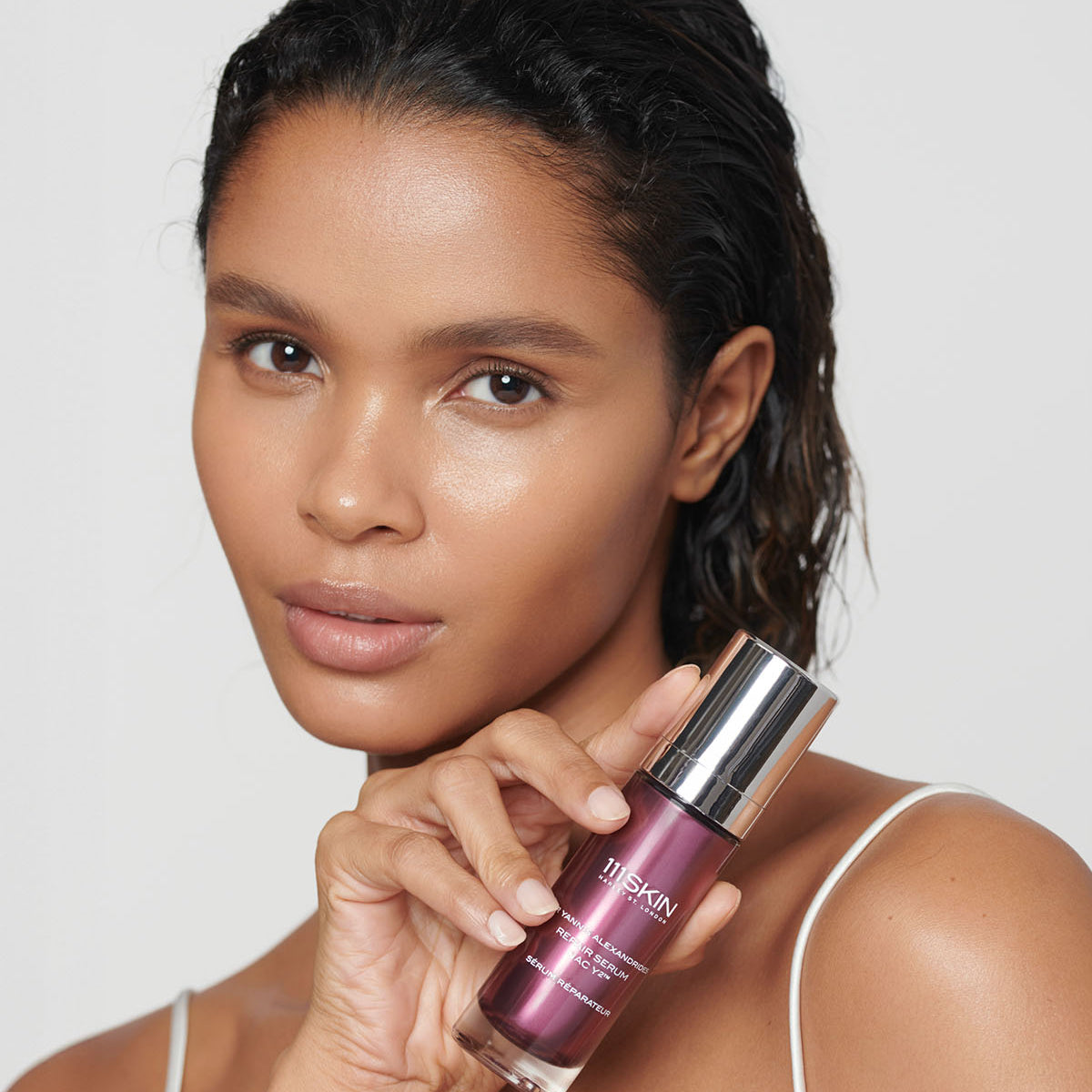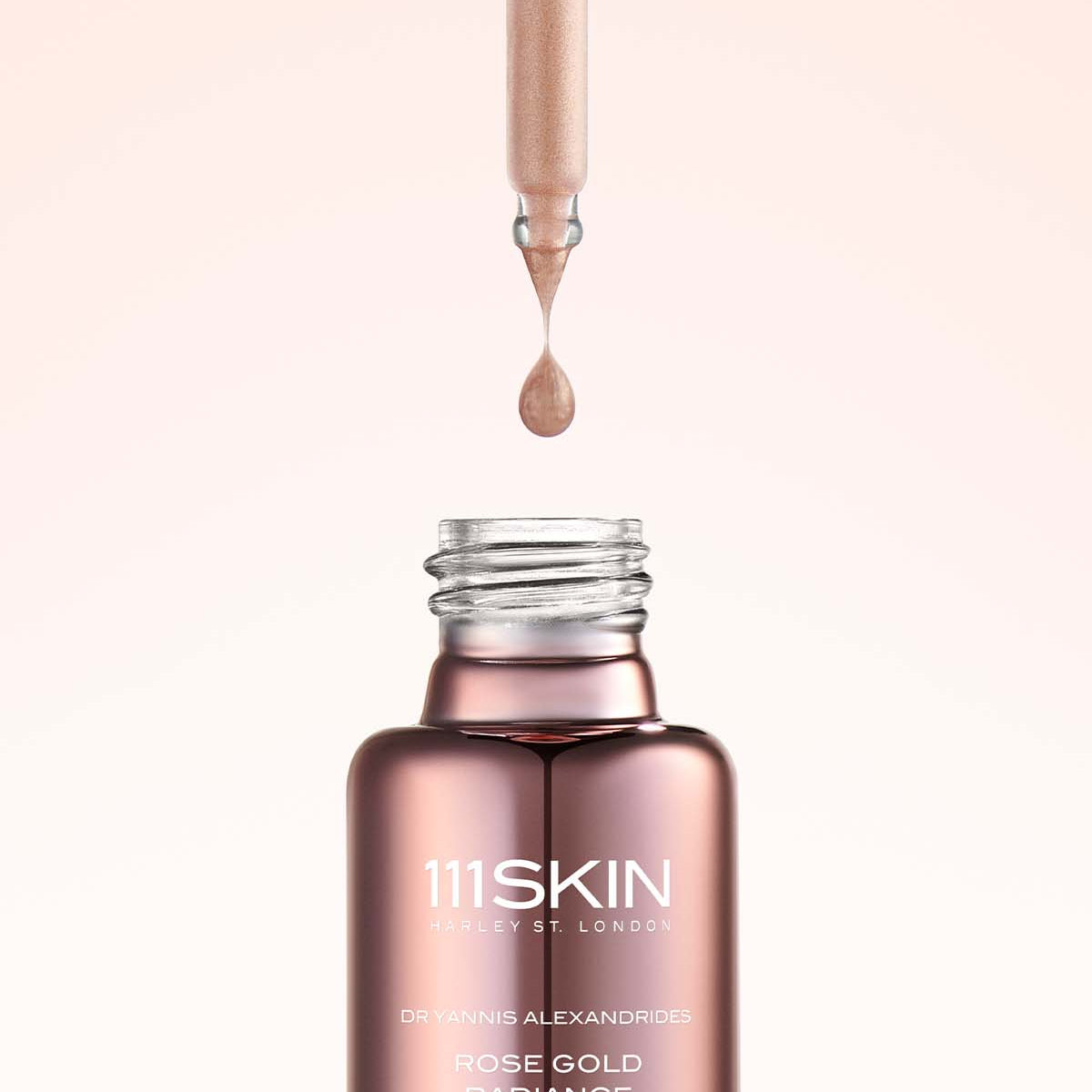3 min to read
Sunscreen (often referred to as “SPF”, an abbreviation for Sun Protection Factor) is essential for protecting the skin from the harmful effects of ultraviolet (UV) radiation. Yet, many misunderstandings persist regarding its use. Effective sun protection goes far beyond preventing uncomfortable sunburns - it also significantly reduces the risk of long-term skin damage, premature ageing, and skin cancer. With this journal post, we provide guidance and helpful advice when it comes to the use of sunscreen.
Understanding SPF: What Does it Mean?
Sun Protection Factor (SPF) measures how effectively a sunscreen protects against UVB rays, which are primarily responsible for sunburn and immediate skin damage. However, effective sun protection should also shield against UVA rays, which penetrate deeper into the skin and contribute to premature ageing and skin cancer. Therefore, dermatologists recommend choosing a broad-spectrum sunscreen that provides protection against both UVA and UVB rays.

Why Daily Sunscreen Use is Crucial
Regular sunscreen application is crucial regardless of the season, weather conditions, or your daily routine. Many individuals incorrectly assume that sunscreen is only needed during prolonged outdoor activities. In reality, UV exposure occurs continuously throughout the day, even indoors and on cloudy days, making consistent protection essential for skin health.
UV and HEV (blue light from the sun as well as electronic screens/devices) can damage the skin by causing oxidative damage - creating free radicals (unstable molecules) that harm the skin. This leads to a breakdown of collagen and elastin, inflammation and pigment changes. Prolonged or consistent exposure can also weaken the skin barrier, leading to loss of moisture and further decrease the skin’s health and vitality.
Incorporating sunscreen into your daily skincare routine has several long-term benefits, including:
- Preventing Premature Ageing: Consistent use reduces the development of wrinkles, fine lines, and age spots.
- Reducing Skin Cancer Risk: Regular sunscreen use significantly lowers the risk of developing skin cancers, including melanoma.
- Maintaining Even Skin Tone: Protection against UV rays helps prevent hyperpigmentation and discoloration, keeping your skin tone even and radiant.
Despite these benefits, numerous misconceptions continue to prevent proper sunscreen use. Let’s delve into common myths and reveal the truths behind them to ensure your skin receives optimal care.
Myth #1: Any level of SPF has significant protection
Fact: Any broad-spectrum SPF will help protect your skin from harmful UV rays, but not all SPFs are created equal. While SPF30 blocks about 97% of UVB rays, SPF50 blocks around 98% and that small difference adds up, especially during long days spent in the sun or if you miss a spot when applying. SPF50 gives you that extra peace of mind and a better buffer against everyday slip-ups like under-applying or forgetting to reapply. When it comes to sun protection, more coverage means more confidence.
Myth #2: Sunscreen Isn’t Needed on Cloudy Days
Fact: Up to 80% of UV rays penetrate clouds, making sun protection necessary every day, regardless of weather conditions. Daily use of broad-spectrum sunscreen is essential to protect skin from cumulative sun damage. Additionally, HEV blue light - emitted by digital screens - can also affect your skin, meaning you're exposed even when staying indoors.
Myth #3: Sunscreen Prevents Vitamin D Absorption
Fact: While sunscreen reduces UVB exposure, most individuals still receive sufficient sunlight for vitamin D synthesis through incidental sun exposure. If you're concerned, discuss vitamin D supplementation with your healthcare provider instead of skipping sunscreen.

Myth #4: Sunscreen Is Only for Fair Skin
Fact: All skin tones require sunscreen protection. Although darker skin has more natural melanin, it remains vulnerable to sun damage and can be more prone to hyperpigmentation from the sun. Daily SPF50 use benefits every skin type and tone. Historically, many sunscreens left an unflattering white cast, especially on deeper skin. But 111SKIN’s cutting-edge formula changes that. Our SPF blends effortlessly into every complexion with zero whitening, no greasy residue, and a beautifully weightless finish. It absorbs rapidly and wears seamlessly under makeup—making it the perfect final step in your skincare routine, no matter your skin tone.
Myth #5: Sunscreen Lasts All Day After One Application
Fact: Sunscreen effectiveness diminishes with time, sweating, and water exposure. Dermatologists recommend reapplying sunscreen every two hours or immediately after swimming or excessive sweating for continued protection.
Myth #6: Makeup with SPF Provides Adequate Protection
Fact: Makeup containing SPF is typically insufficient to deliver full sun protection because people usually don't apply enough product to reach the labeled SPF level. Dermatologists advise using a dedicated sunscreen beneath makeup on a daily basis. Gentle and lightweight, 111SKIN's Sunscreen SPF50 sits effortlessly beneath your makeup.
Myth #7: Only Chemical Sunscreens are lightweight
Fact: Chemical sunscreens use ingredients like avobenzone or octinoxate to absorb UV rays and convert them into heat. They’re often praised for their lightweight feel, invisible finish, and water resistance—making them a go-to for daily wear and active lifestyles.
But mineral (or physical) sunscreens have come a long way. Formulated with natural UV blockers like zinc oxide or titanium dioxide, modern mineral SPFs can also feel light, smooth, and wearable—without the chalky residue of the past. Plus, they're ideal for sensitive or post-procedure skin.
The truth? Both mineral and chemical sunscreens can feel heavy, greasy, or leave a white cast—if they’re not well formulated. That’s why our sunscreens are expertly crafted to blend seamlessly and weightlessly on all skin types and tones, while delivering superior broad-spectrum protection you can count on.
Myth #8: I Don’t Need Sunscreen When I’m Inside
Fact: Many people believe sunscreen is only necessary for outdoor activities. But even when you're indoors, you're not completely protected from the sun’s harmful rays. UVA rays can penetrate through glass, including car windows, home windows, and office buildings. So if you spend time near windows or drive frequently, your skin is still at risk. Daily SPF use is one of the simplest and most effective ways to protect your skin, no matter where you are.
Effective Sunscreen Habits for Optimal Protection
- Generous Application: Use enough sunscreen (about half a teaspoon for your face and neck).
- Regular Reapplication: Reapply sunscreen frequently, at least every two hours.
- Comprehensive Coverage: Remember to protect easily overlooked areas such as ears, lips, neck, and hands.
By understanding and debunking these common sunscreen myths, you can confidently protect your skin every day.
Explore 111SKIN’s dermatologist-approved sunscreens, specifically designed to provide superior, broad-spectrum protection for every skin type and lifestyle.
